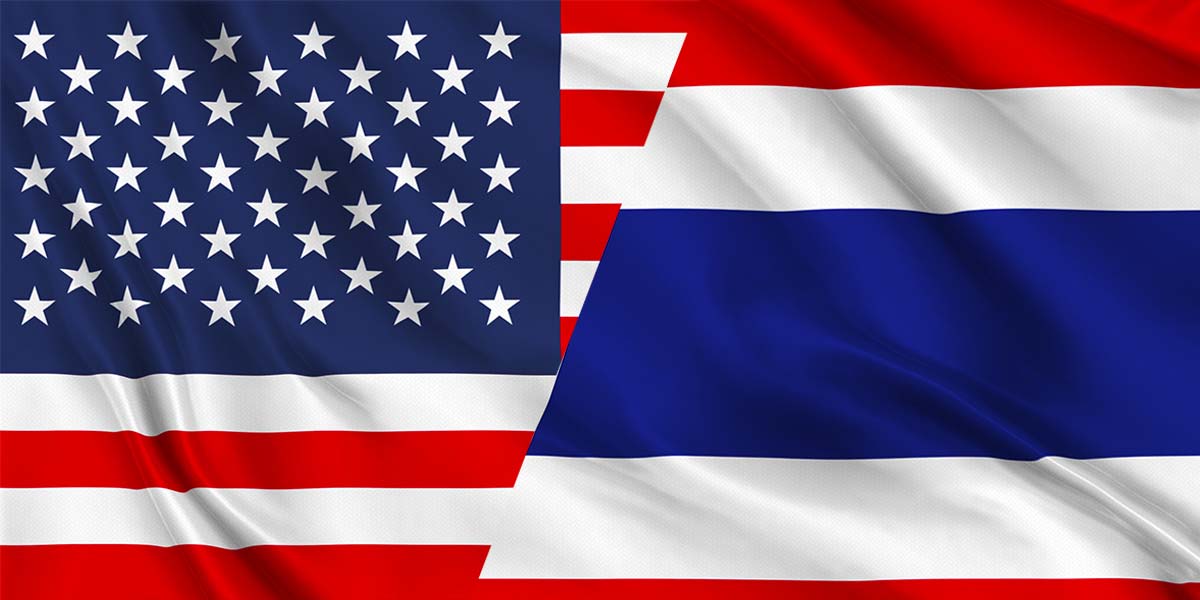According to Thailand’s Commerce Ministry, the United States has shown a favorable response to Thailand’s recent trade proposal, announced on Friday. Thailand is initiating discussions aimed at reducing a hefty 36% tariff on its exports to the U.S., which remains its largest international market.
It was reported earlier that Thailand is highlighting five particular proposals to the U.S. as follows:
- Collaboration in Complementary Industries: Emphasis on industries where Thailand and the U.S. possess particular strengths, such as the premium pet food sector. Thailand is known for its high production standards, while the US offers strong capabilities in raw materials, technology, and advanced agriculture. Cooperation here could boost global competitiveness.
- Market Access and Tariff Reduction for US Agricultural Products: Thailand is open to negotiations to lower tariffs and open markets to US agricultural goods within the National Trade Estimate 2025 framework. For instance, Thailand proposes a flexible corn import quota to balance the interests of domestic producers.
- Increased Imports of Essential US Goods: Thailand plans to raise imports of US-sourced products crucial to the domestic market—such as natural gas, commercial aircraft, and temperate-climate fruits—which would help narrow the trade gap. Notably, there is an ambitious plan to boost LNG imports from the U.S. by no less than USD 1.2 billion (about THB 39.8 billion).
- Export Screening and Origin Verification: To prevent third-country circumvention, Thailand proposes implementing strict international-standard screening of export goods using verified raw material and manufacturing facility records. This aims to bolster Thai credibility as a reliable US trading partner.
- Promotion of Thai Investment in US Downstream Industries: The proposals encourage Thai capital to flow into US processing and manufacturing sectors, thereby reducing trade friction and enhancing the trans-Pacific value chain. This also seeks to mitigate pressures from Trump-era tariff policies.





